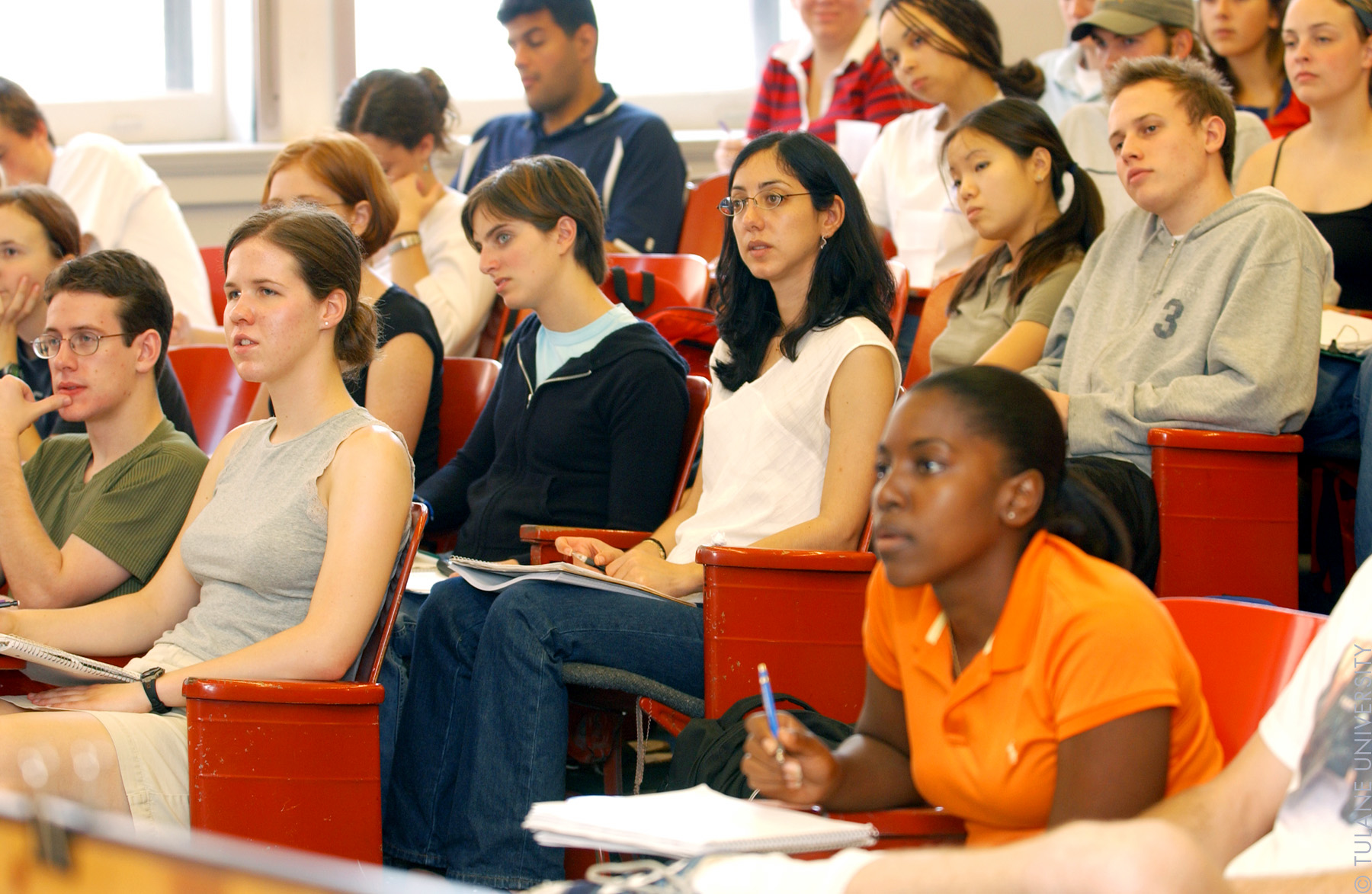Women ask disproportionately fewer questions than men in seminars

Women are two and a half times less likely to ask a question during academic seminars than men, according to a study conducted in 10 countries.
Researchers from the University of Cambridge in the UK studied 250 events at 35 academic institutions.
The study, published in the journal PLOS ONE, reveals a stark disparity between male and female participation in a key area of academic life.
"Our finding that women ask disproportionately fewer questions than men means that junior scholars are encountering fewer visible female role models in their field," said Alecia Carter from the University of Cambridge.
In addition to observational data, researchers drew on survey responses from over 600 academics ranging from postgraduates to faculty members (303 female and 206 male) from 28 different fields of study in 20 countries.
These individuals reported their attendance and question-asking activity in seminars, their perceptions of others' question-asking behaviour, and their beliefs about why they and others do and do not ask questions.
The survey revealed a general awareness, especially among women, that men ask more questions than women.
A high proportion of both male and female respondents reported sometimes not asking a question when they had one. However, men and women differed in their ratings of the importance of different reasons for this.
Crucially, women rated 'internal' factors such as 'not feeling clever enough', 'couldn't work up the nerve', 'worried that I had misunderstood the content' and 'the speaker was too eminent/intimidating', as being more important than men did.
"But our seminar observation data show that women are not inherently less likely to ask questions when the conditions are favourable," said Dieter Lukas, who was a postdoctoral researcher at Cambridge during the data collection.
The researchers found that women were more likely to speak up, for instance, when more questions were asked. When 15 questions were asked in total, as opposed to the median of 6, there was a 7.6 per cent increase in the proportion of questions asked by women.
However, when the first question in a seminar was asked by a man, the proportion of subsequent questions asked by women fell 6 per cent, compared to when the first question was asked by a woman.
The researchers were initially surprised to discover that women ask proportionally more questions of male speakers and that men ask proportionally more of female speakers.
"This may be because men are less intimidated by female speakers than women are. It could also be the case that women avoid challenging a female speaker, but may be less concerned for a male speaker," said Gillian Sandstrom, a psychologist at the University of Essex in the UK.
(With inputs from agencies.)
ALSO READ
Cooperating in investigation: Congress' Amba Prasad after being questioned by ED
SC allows DMRC's curative plea against arbitral award asking it to pay Rs 8,000 crore in favour of Reliance firm DAMPEL.
Raut questions loyalty as Maharashtra pride party supports 'opponents': Takes aim at Raj Thackeray
TN CM likens PM’s poll campaign to migratory bird arriving at sanctuary, poses questions
JMM moves Delhi HC against Lokpal’s order asking CBI to probe party’s properties










